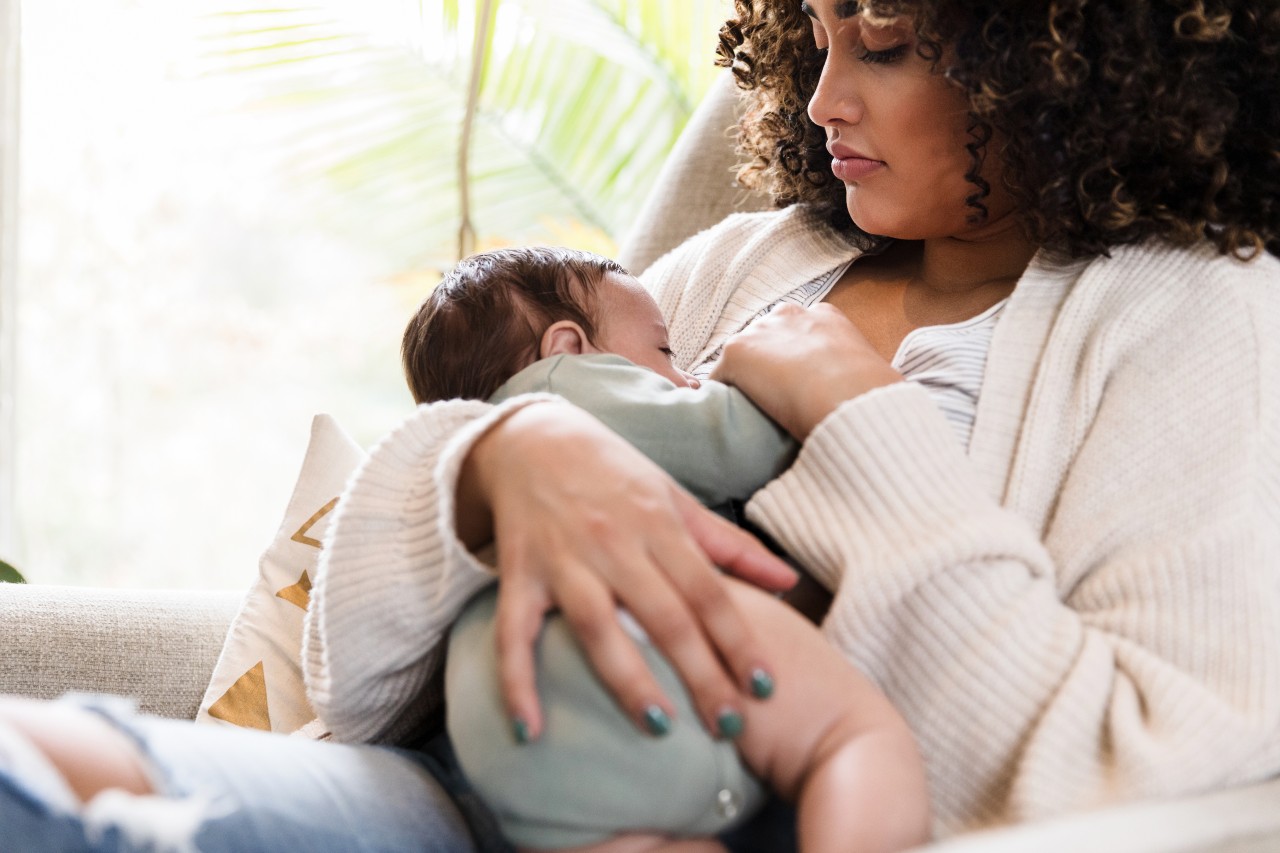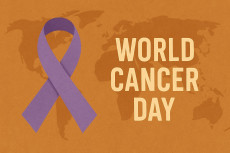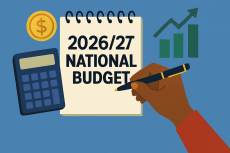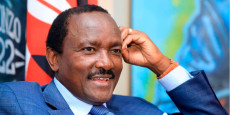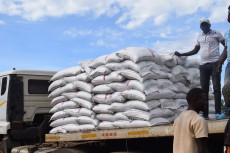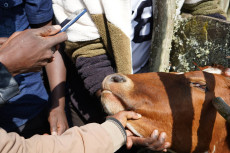- Today, August 1, 2025, marks the beginning of World Breastfeeding Week
- This World Breastfeeding Week, let’s not just repeat the theme. Let’s live it. Let’s invest not only in breastfeeding—but in mothers.
August 1, 2025, marks the beginning of World Breastfeeding Week, and while the theme—“Invest in breastfeeding, invest in the future”—is timely and important, I hope we don’t lose sight of the heart behind it all: the mothers.
Because behind every healthy, growing baby nourished by breast milk, there is a woman who is trying her best—often silently, often tired, and sometimes unsure.
Breastmilk is the best diet for babies because it provides all the nutrients they need throughout their first six months of life, according to the World Health Organization (WHO).
It also protects children from common childhood illnesses, strengthens their immune systems, and can save over 820,000 children under five every year if practiced optimally. Exclusive breastfeeding has also been shown to reduce infant mortality significantly.
Yet globally, only about 44% of infants under six months are exclusively breastfed, according to WHO.
Read More
But what the data doesn’t show is what so many mothers go through. It doesn’t show the cracked skin or the sleepless nights. It doesn’t show the silent tears when latching is a struggle, or the quiet panic of trying to breastfeed in public while fearing judgment.
It doesn’t show the strength it takes to keep going—or the heartbreak of stopping when you didn’t want to. This week isn’t just about promoting breastfeeding—it’s about honouring those who do it, and supporting those who try.
It's simple to overlook that nursing has advantages beyond just nourishing infants. It also has strong health benefits for mothers.
It lowers the risk of not only ovarian and breast cancers but also lowers the risk of type 2 diabetes, and aids in the physical and psychological rehabilitation that follows childbirth.
Breastfeeding is also associated with a 4.3% reduced chance of breast cancer every year. Additionally, breastfeeding promotes the mental health of mothers by encouraging bonding, promoting hormonal balance, and giving mothers a greater sense of connection during what can be a deeply vulnerable period.
Still, none of this tells the full story. The statistics don’t capture what it takes to wake up every two hours, or the pain of engorgement, or the anxiety of low supply. They can’t reflect the courage it takes to breastfeed in a matatu or in a market stall.
They don’t account for the guilt many women carry when breastfeeding doesn’t go as planned, or when external pressures force them to stop.
To the new mother who feels like she’s failing, you’re not. You are doing something deeply brave. Your effort counts—even when it doesn’t look perfect. Whether you breastfeed for a few days or for many months, it matters. You matter.
And to the rest of us—partners, families, employers, neighbours—this week is also for us. Because breastfeeding doesn’t happen in isolation. It happens in homes, in hospital wards, in offices, in buses, and in the back of shops. It requires time, space, and above all—support.
The truth is, breastfeeding is not just a mother’s responsibility—it’s a shared one. When we create enabling environments—through fair maternity leave, accessible healthcare, safe public spaces, and a culture of kindness—we make breastfeeding more possible, less painful, and far more sustainable.
So this World Breastfeeding Week, let’s not just repeat the theme. Let’s live it. Let’s invest not only in breastfeeding—but in mothers. Let’s speak louder for the women behind the data. Let’s fight harder for their space, their time, and their peace.
Let’s make sure every mother is nourished too—by love, by patience, and by a society that chooses to stand with her, not watch from afar.
Because when we support her, we invest in healthier babies, stronger families, and a future where motherhood is not a burden—but something beautiful, protected, and profoundly respected.

